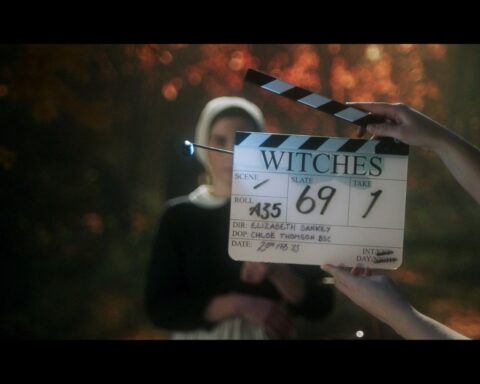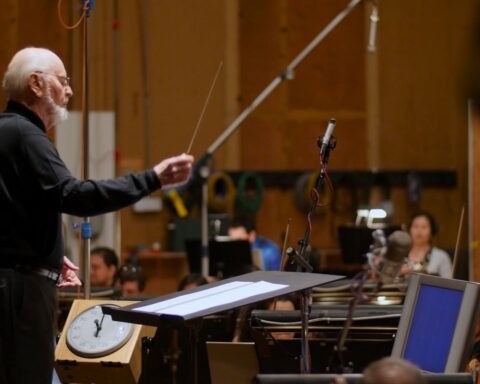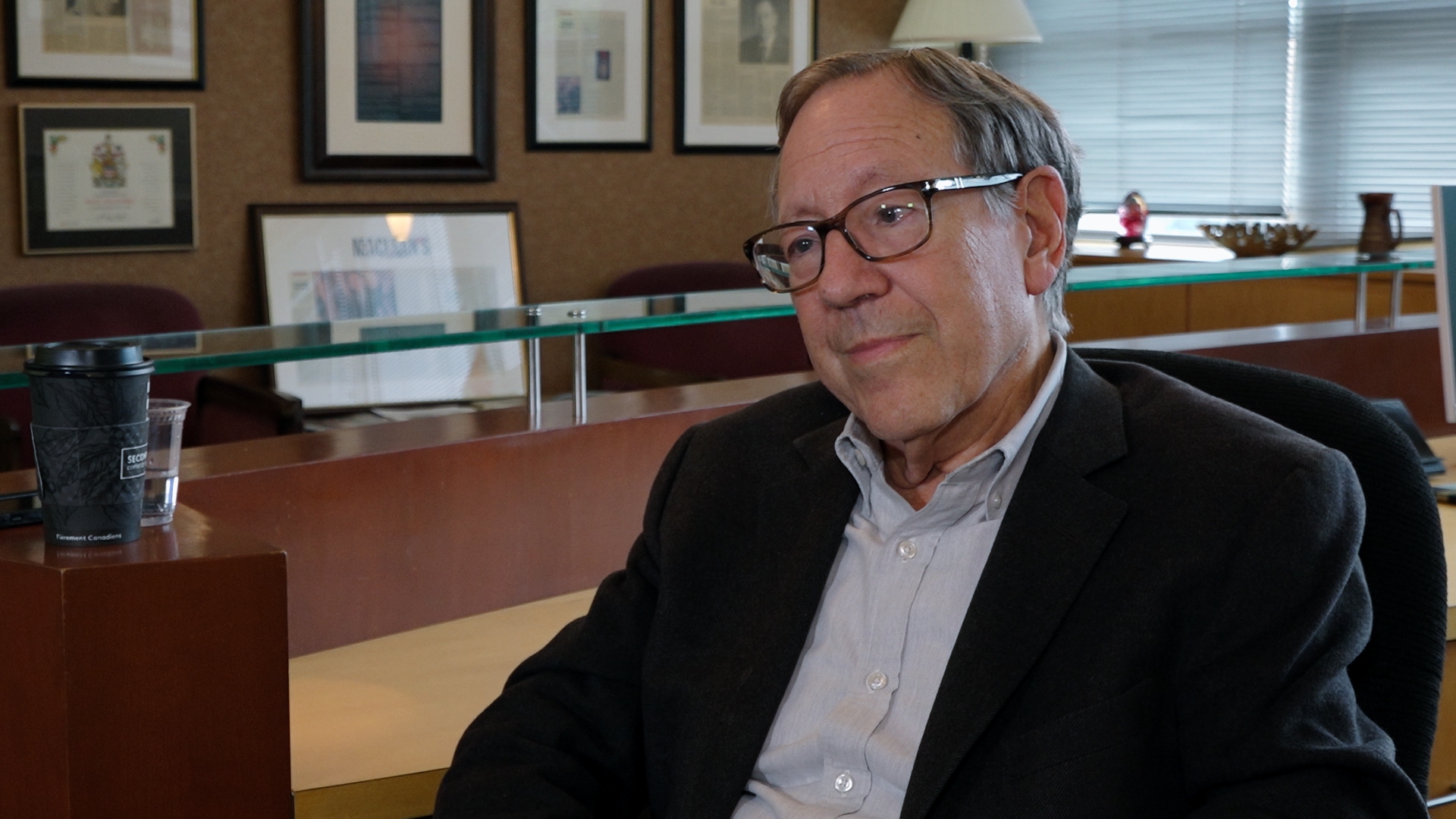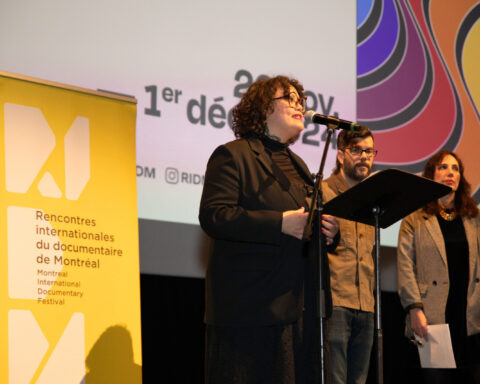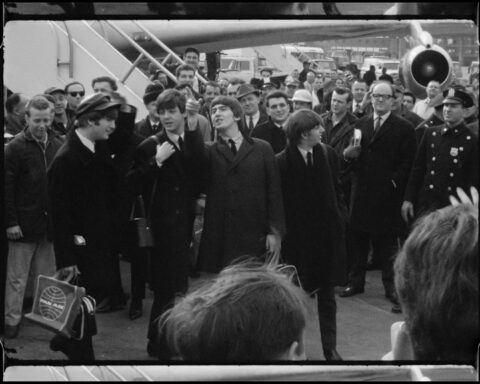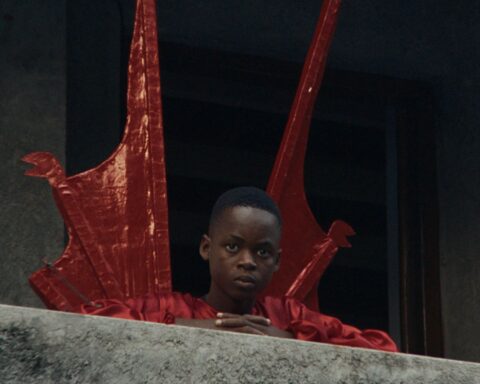Fantastic Machine
(Sweden/Denmark, 88 min.)
Dir. Axel Danielson and Maximilien Van Aertryck
Programme: World Cinema Documentary Competition (World Premiere)
There’s a specific effect brought by the common brand of tautological aesthetical investigation, an “art about art” ethos that has long considered the history of the moving image. Over the last few years, there have been some spectacular examples, from the works of Rodney Ascher and Alexandre O. Philippe, to feature films like last summer’s Nope, which began with Muybridge and ended with a hand-cranked IMAX camera.
Directors Axel Danielson and Maximilien Van Aertryck construct a wild, kinetic dive into the history of motion pictures with an infectious enthusiasm. They revel in the capacities of the camera, from still Obscura that replicates our retina, through to the miracle mini-computer we call a mobile phone. Contrasting footage of fascism and social media virality, we’re taken on a journey through the last two centuries of images. All of this is captured through what one president dubbed the “Fantastic Machine” that gives the film its title.
For such a wild and experimental tale, full of hyperkinetic cuts and jumps in both time and place, this is a surprisingly accessible and entertaining project. By avoiding an approach that doesn’t speak to viewers pedantically or didactically, the filmmakers remind us of the camera’s greatest gift: the ability to capture moving images forever that balance our desire to be entertained, inspired, and intellectually intrigued.
Fantastic Machine is a film about film that remembers not to betray its audience. It constantly interrogates its granular elements through contrasting clips and quirky choices. This is no rudimentary clip show. It breathlessly traces from the Lumière’s train to YouTube’s bountiful collection of content, yet it serves as both a reminder to the jaded of the power of what’s come before and a fine introduction to the swath of what’s taken place. All these images are thanks to a miraculous device that mimics our own eyesight with the ability to remember even generations after all those captured on screen have passed into history.
Briskly told while providing an energetic ode to the last decades of motion picture history, Fantastic Machine is pretty fantastic, providing a fine appreciation for the highs and lows of our captured past through its unique collision of clips and sources. There are moments that are odd, some that are simply beautiful, and others complex, such as the clip of a cheery, nostalgic Leni Riefenstahl at a flatbed editing machine—an artist revelling in her work, seemingly comfortable ignoring all that it represented.
Like with all technology, the machine can be used for good or evil; for trivium or profound works of art, and for everything in between. It’s this liminal, luminous space that most of us live within. Thanks to Danielson and Van Aertryck, we’re treated to a welcome reminder of just how easy it is to take for granted what a marvelous development the moving image has been. Fantastic Machine leaves one equally bemused in the human capacity to take such an achievement and turn it into fodder for hate, for destruction, or for a million cat videos that one can haz if one doth choose.





